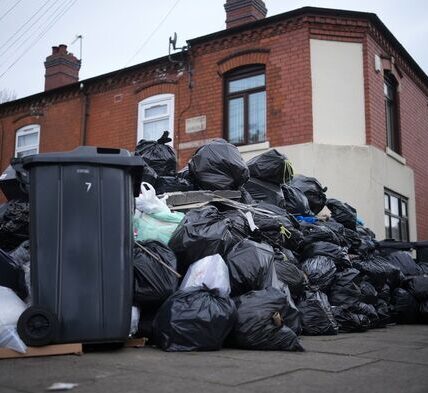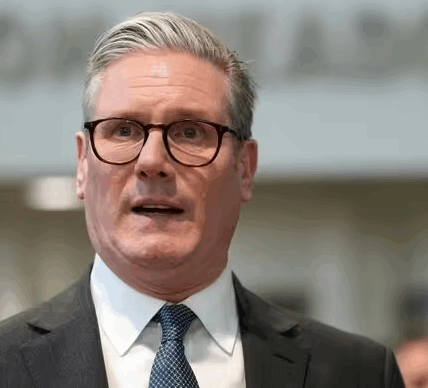Rachel Reeves is about to punish petrol and diesel drivers with planned rises just months away.

Rachel Reeves could hit drivers with higher fuel fees (Image: Getty)
Fuel duty. It’s become a staple discussion in the run-up to Autumn Budgets for years. The ‘will they, won’t they’ petrol and diesel fear ahead of decision day just for consecutive Chancellors to keep rates exactly as they are. It’s now been 14 years since the last fuel duty increase back in 2011, with prices even cut by the Conservatives by 5p per litre back in 2022.
This was always set to be a temporary cut to help families with the cost-of-living crisis, with fuel duty rates now standing at 52.95p per litre. Last year, Rachel Reeves decided to freeze rates at the same level for another year, but HM Revenue and Customs policy papers show the temporary cut will end on March 22, 2026. HMRC has previously boasted that the discount represents a reduction of around 7p per litre compared to previous plans.

Fuel duty has been frozen since 2011, is it time for fuel fees to rise? (Image: Getty)
However, three years on, how many families really remember the 5p discount was a temporary measure, probably not a lot. Politics is all about the optics, and any increase to fuel duty fees will look like another Labor tax rise instead of a return to the pre-2022 status quo.
That’s if only the temporary cut goes, but Labour could go even further and increase fuel duty in line with inflation for the first time in over a decade at the Autumn Budget. The Government now has a £50billion financial black hole to fill, and replacing lost motoring income is part of the problem.
It’s previously been reported that the Treasury could lose up to £5billion in fuel duty and Vehicle Excise Duty (VED) revenues as more motorists switch to electric cars.
However, the move could backfire and cause a financial headache for drivers they are unlikely to forgive. The Road Haulage Association claimed that axing the fuel duty freeze could increase household living costs by £7.3billion between now and 2029.
They claimed this would see average households paying £360 more over the next four years. FairFuelUK, the leading campaigners against the charge, claims that as much as a 10-12p per litre rise could be on the cards.
If true, the motoring group suggests the policy could increase fuel bills by over £6 for family cars. Meanwhile, trucks could end up paying a staggering £50 more to fill-up if fuel duty updates come to fruition.
The Treasury has yet to speculate on the news, simply telling Express.co.uk: “The Chancellor makes tax policy decisions at fiscal events. We do not comment on speculation around future changes to tax policy.”
Labour is in an impossible balancing act. The need to generate income to balance the books versus a desire to eke back popularity at a time when the polls make for grim reading.
Rachel Reeves‘ fuel duty decisions in the coming weeks and months could decide how she is viewed by the 28million combustion car owners in the UK.


